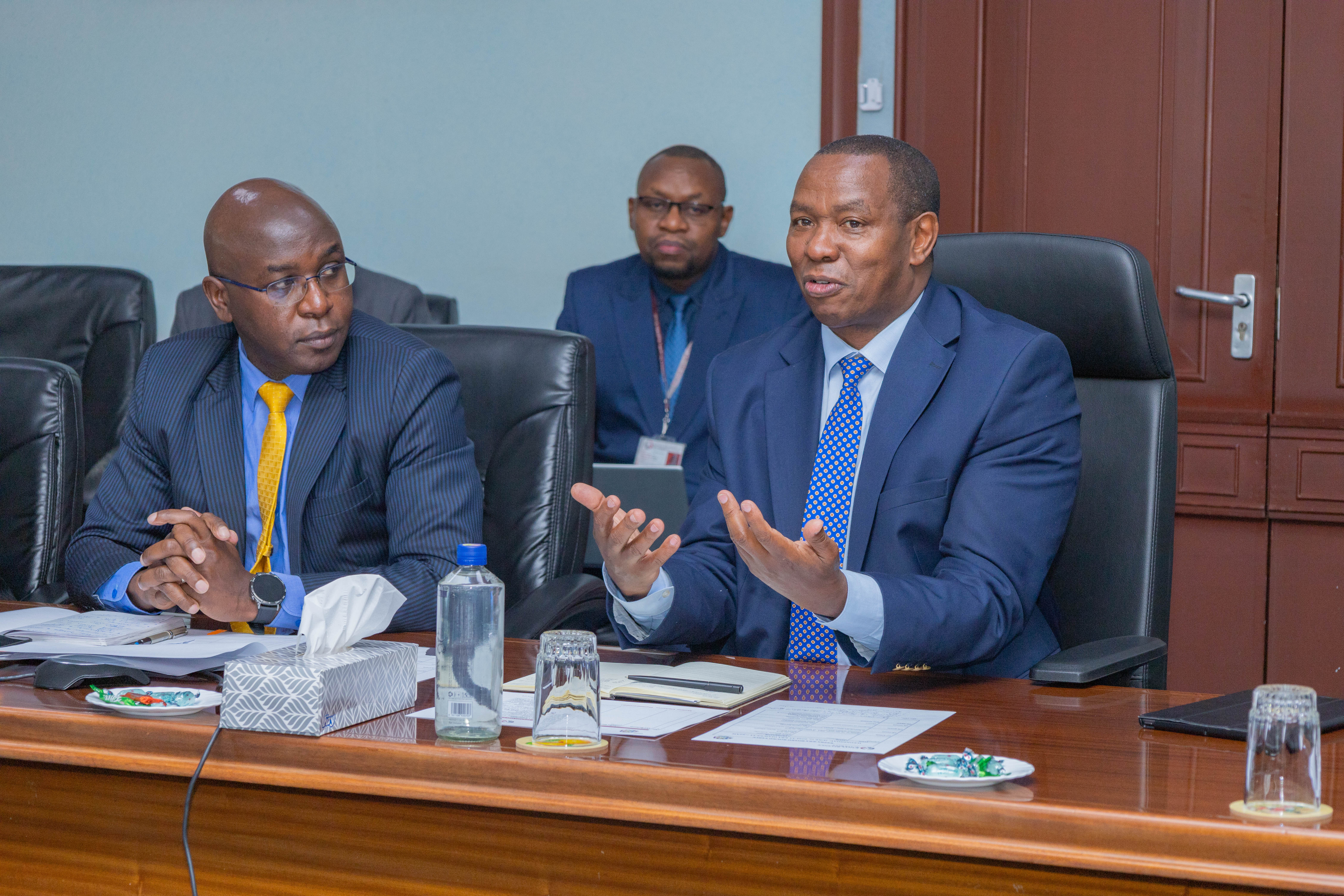The Kenya Revenue Authority (KRA) and the Kenya Private Sector Alliance (KePSA) have reaffirmed their commitment to deepen collaboration in support of a fair, inclusive and transparent tax environment. In a recent high-level meeting between the KRA and KePSA boards, the two institutions agreed on a joint agenda to enhance voluntary compliance, expand the tax base and build a predictable business environment through structured dialogue.
Speaking during the engagement, KRA Board Chairman Hon. Ndiritu Muriithi underscored the importance of trusted partnerships in driving Kenya’s revenue performance. “KePSA plays a vital role in representing a cross-section of the private sector. Through structured engagement and shared insights, we can co-create solutions that ease compliance, unlock new revenue streams, and ultimately drive economic growth,” he said.
In his remarks, KePSA Chairman Dr. Jas Bedi welcomed the partnership, noting that the private sector is a willing ally in strengthening Kenya’s fiscal framework. “We appreciate KRA’s openness to continuous dialogue. This engagement ensures that tax reforms are practical, predictable and in alignment with the realities businesses face on the ground,” he said.

The engagement provided a platform to assess ongoing reforms at KRA, including the digitization of tax processes, compliance support framework for MSMEs, and the strengthening of cooperative compliance frameworks for large taxpayers. KePSA commended KRA for the recent tax amnesty initiative, which has provided a fresh start for businesses and individuals seeking to regularize their tax affairs.
Both organizations emphasized the need to formalize joint technical working groups to address sector-specific tax challenges, develop taxpayer education programs for SMEs, and advance the mutual goal of simplifying the tax regime. These efforts are expected to boost compliance and bring more businesses into the formal fold.
The collaboration also aligns with KRA’s broader strategy to expand the active taxpayer base—from the current 9 million to 13 million by 2027—while enhancing trust and transparency through stakeholder engagement. KePSA pledged to support KRA’s efforts by mobilizing its membership base for outreach, feedback and policy dialogue forums.
Moving forward, KRA and KePSA have committed to regular quarterly engagements and a shared monitoring framework to track progress on agreed actions. The next joint forum is expected to focus on taxation in the digital economy, customs reforms, and investment incentives for priority sectors.
This renewed partnership reflects a shared understanding that sustainable development relies not only on effective revenue collection, but also on fair, inclusive and consultative tax administration.
Board Chairman
NEWS 12/06/2025

